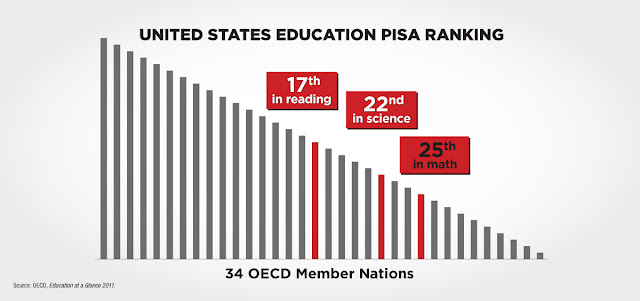The impeachment process, so far three months long, is an exercise in futility, desperation, and division. The only good thing about this wasteful exercise is the embarrassing lack of evidence against President Donald Trump.
After the vote last week by the House of Representatives to impeach the president, Speaker Nancy Pelosi, D-Calif., still has not delivered the articles of impeachment to the Senate so it can do its part of the process. She didn’t do that, she said, because she is waiting to be sure the process in the Senate is a fair one.
How interesting. Fairness only became of interest to her after the House impeachment hearings broke records for unfairness. Due process — a major element of American jurisprudence where each side has the same rights — was happily shoved into the corner by the majority party.
Republicans were denied being able to call witnesses, and Intelligence Committee Chair Adam Schiff, D-Calif., was not the least bit shy about telling witnesses not to answer questions from Republican Committee members.
But even though House Democrats denied due process to President Trump and House Republicans, Pelosi insists on fairness for Democrats in the Republican-controlled Senate phase, apparently believing that she controls the Senate, too.
It is appropriate to ask, if Trump is such a bad president, and if he has actually done anything warranting impeachment and removal from office, why wouldn’t Democrats make sure the process is excruciatingly fair and just to preclude claims of bias and discrimination? Because their case is paper thin. Due process was tossed out to make their job easier.
Contrary to Trump’s insistence, the phone call with Ukraine President Zelensky, a major focus of Democrats, was not perfect. But it was not a quid pro quo, nor was it bribery. Zelensky denies being pressured; he did not know the aid was being withheld until after the call; all of the aid was provided, and all but a little of it was provided on time.
The thing that got this case started, the so-called “whistleblower,” was not in on the phone call, and only knew what he/she heard about the call from others: hearsay. Most Democrat witnesses were unable to provide anything other than hearsay, deeply held hopes and wishes, exaggerations and no real or persuasive evidence. This explains why Democrat leaders are so afraid for the whistleblower to testify.
They don’t admit that, of course. Instead, they say they don’t want him/her to become a target. However, a whistleblower’s identity is not protected; he/she is protected only from workplace retaliation, and is not protected from testifying, or from criminal charges, if appropriate.
Congress approved the foreign aid to Ukraine. However, most people understand the president has the duty to ascertain that the country receiving our money is behaving appropriately.
Democrats allege that Trump held up aid unless Ukraine did certain things, including looking into possible corruption involving then-Vice President Joe Biden and his son, Hunter, who had an extraordinarily odd relationship with a Ukrainian company.
Using the fact that Joe Biden is a potential Trump opponent for the presidency, they assert that Trump wanted to investigate a political rival. However, at the time, Biden was just one of 24 Democrats seeking the nomination, not THE nominee, thus not yet really a political rival. Further, being a political rival does not immunize one from investigation of possible corruption.
Biden admitted — bragged about — withholding aid to Ukraine when he was Vice President unless a Ukrainian prosecutor, who was looking into the company that paid Biden’s son millions to be on its board of directors, was fired. The prosecutor was fired. The video of Biden telling this story has been played frequently, and that this occurred is not in question.
Biden actually issued a real quid pro quo, and bragged about doing so. And, the relationship between the Ukrainian company and the Vice President’s son was a legitimate focus of an investigation of corruption in Ukraine involving Joe and Hunter prior to the 2016 election.
This entire exercise appears to be a hard-feelings effort to undo the legitimate election of Donald Trump to the presidency. Its credibility is further damaged by talk of impeachment back when Trump was still a candidate, and again the day after the election, before he was sworn in.
Texas Democrat Rep. Al Green said, “I’m concerned if we don’t impeach this president, he will get re-elected.” The fear of losing again in 2020 is not grounds for impeachment. He also said that if Trump wins in 2020, he can be impeached again. And Judiciary Chairman Jerrold Nadler, D-NY, said: “Our next election is at risk … That is why we must act now.”
Leaving aside for the moment the impeachment, things are going pretty well for our country. Even CNN, a ranking anti-Trump network, acknowledged that the US economy has earned its highest ratings in almost two decades.
Too much success is bad for the Democrats, and demands impeachment.








